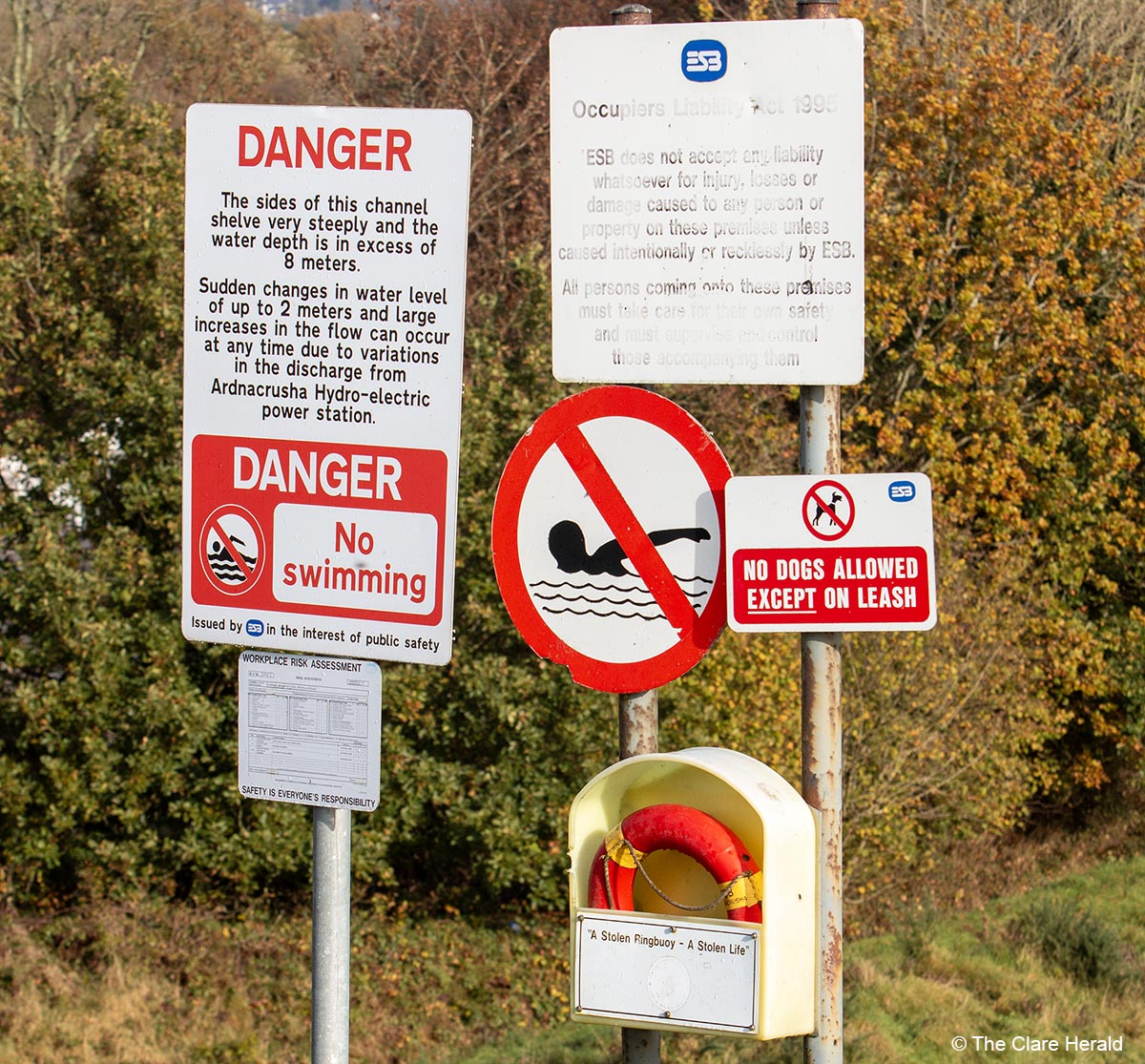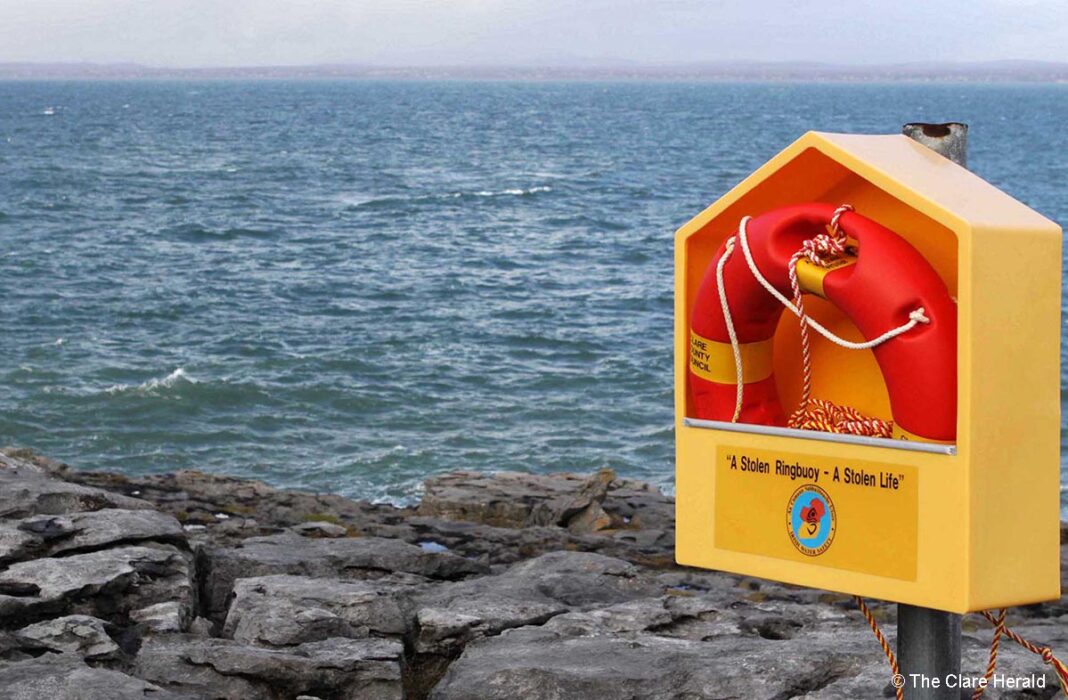As the May bank holiday weekend approaches, Water Safety Ireland, the Irish Coast Guard, and the RNLI are collectively urging the public to prioritise safety and be prepared for summer activities on or near the water.
The organisations recommend that all boats and watercraft, including kayaks and canoes, be thoroughly inspected and maintained after the winter season. This includes servicing engines and ensuring all equipment, especially lifejackets, are in good condition.
When using a boat or other water vessel:
Always wear a lifejacket and carry reliable communication devices, such as a VHF radio and ideally a Personal Locator Beacon (PLB) or Emergency Position Indicating Radio Beacon (EPIRB), with a mobile phone in a waterproof case as a backup
Inform someone about your planned route and expected return time
For water-based activities:
Always have a means to communicate distress effectively
Check environmental conditions (weather and tides) using available information sources before your trip
Seek help immediately if you see somebody in trouble on the water or along the coast, or think they are in trouble, by using Marine VHF channel 16 or Dialling 112 and asking for the Coast Guard
For swimmers:
Water temperatures remain cold at this time of year, so consider wearing a wetsuit to stay warm
Acclimatise to the water slowly
Wear a bright swimming cap and consider using a tow float to enhance your visibility
Never swim alone and always ensure your activity is monitored by a companion
Linda-Gene Byrne, RNLI Water Safety Lead says, “It’s great to see that water and beach leisure time has increased over the years as people enjoy the water however our research shows that 36% of people don’t know what to do if they get into trouble in the water. The RNLI is reminding everyone to remember Float to Live if they find themselves in trouble in water: tilt your head back with ears submerged and try to relax and control your breathing. Use your hands to help you stay afloat and then, once you are through the initial shock, call for help or swim to safety if you can.
If you see somebody in trouble on the water or along the coast, or think they are in trouble, use Marine VHF channel 16 or Dial 112 and ask for the Coast Guard.

Meanwhile, the ESB has also issued a warning about the dangers of swimming in ESB Reservoirs.
Given the recent spell of warm weather ahead of the May bank holiday weekend and as we expect to experience improving weather over the coming months, ESB would like to remind the general public of the dangers and potentially serious consequences of swimming in any ESB reservoir.
Martin Stronge, Senior Manager, Hydro Operations said: “It is important that people take note of the safety warnings which are visible on signs posted around ESB reservoirs. These areas are unsafe for swimming due to deep, fast-flowing waters, fluctuating water levels, and uneven terrain, which present significant hazards to the public.”
“To ensure your safety and the safety of others, always choose safer swimming locations such as swimming pools or beaches with designated lifeguards.”
These waters include the ESB reservoirs at:
- Poulaphouca in County Wicklow
- Golden Falls and Leixlip in County Kildare
- Inniscarra and Carrigadrohid in County Cork
- The Ardnacrusha headrace and tailrace canal in County Clare
- Assaroe, Lough Nacung and Lough Dunlewey in County Donegal

